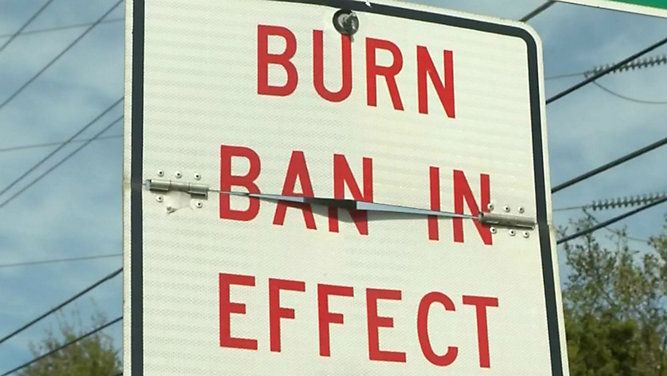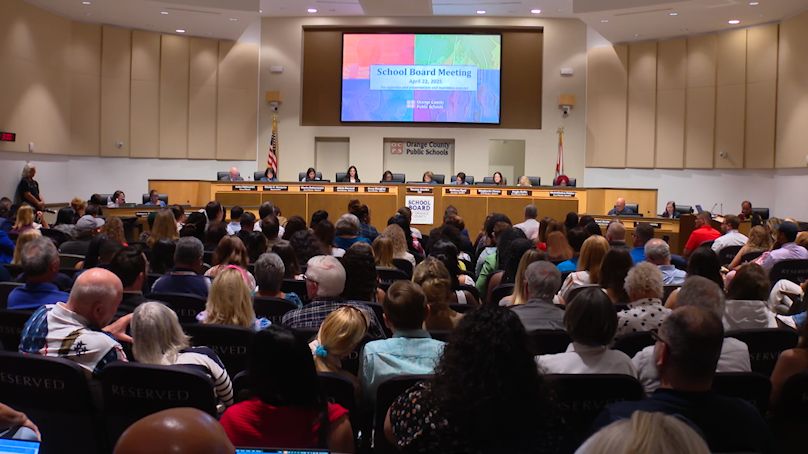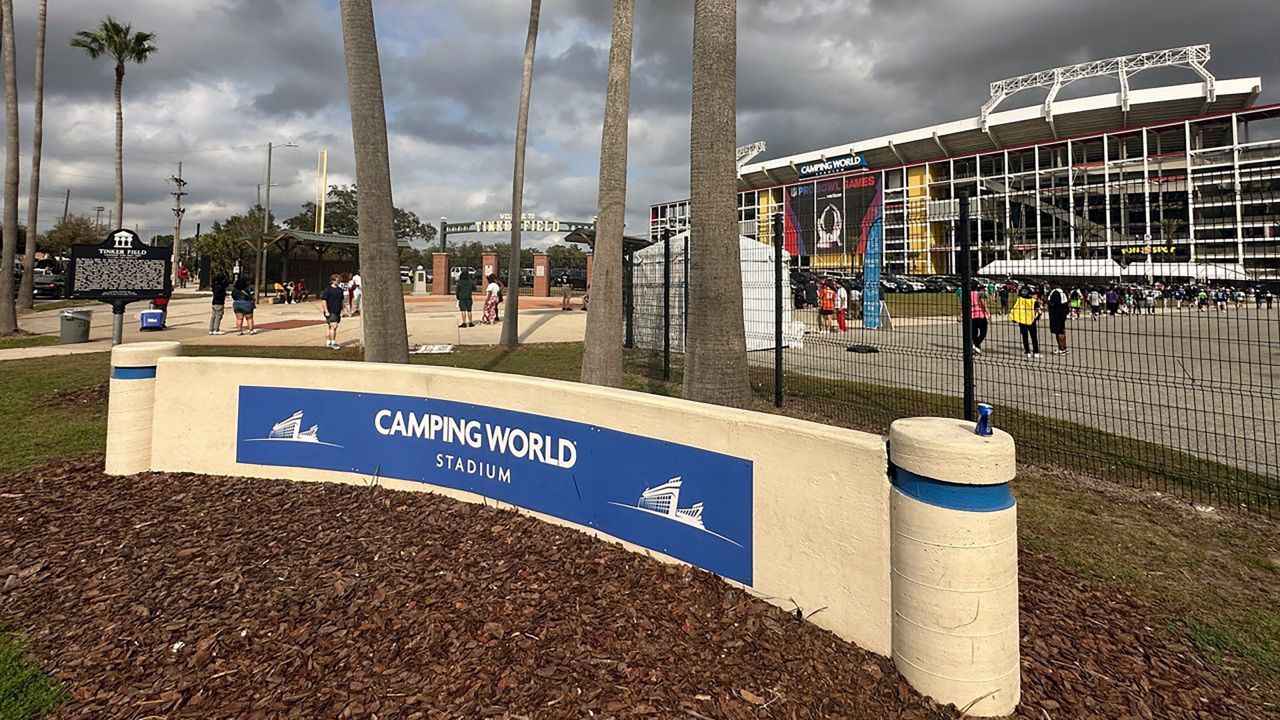ORLANDO, Fla. — The onePULSE Foundation has sold two pieces of land around the Pulse Nightclub that were previously included in plans for a permanent memorial site.
The sale to RMS Investments Group happened prior to turning all plans for a future site over to the city of Orlando.
That land includes two parcels: one at 20 West Kaley St., and the other 21 West Esther St., right next to the nightclub site.
"As part of dissolving the foundation, we have responsibility to liquidate all foundation assets," said onePULSE Foundation Vice Chairman George Kalogridis. "In the best interest of the memorial process moving forward, we kept the city aware of our progress."
It was not immediately clear if the separate sale will have any impact on the city’s plans for a future memorial site. Orlando Mayor Buddy Dyer made no mention of the properties being sold when he spoke to Spectrum News 13 on Tuesday.
However, the city attorney did confirm there were discussions with community partners about buying the two properties for the purpose of helping the city with plans for the permanent memorial.
Pulse survivors are now eagerly awaiting progress on the new memorial plans, but still have a lot of questions, including why it's taken so long for projects to move forward.
"We want to see action, we want to see accountability, we want to see transparency,” said Maritza Gomez, who was at Pulse the night of the massacre.
On Tuesday, it was reported that the foundation sent its “final email,” where it mentioned handing responsibility for a permanent site over to the city of Orlando, as well as previous design plans, after the city purchased the Pulse nightclub site for $2 million in October.
Dyer said he believes the best step moving forward when it comes to a permanent site is for the city to be in charge of the process, keeping the focus on creating a place to honor the 49 lives lost in the terror attack shooting on Jul 12, 2016, as well as their families and those who survived.
“We think there’s a level of trust with the city of Orlando," said Dyer. "We’ve been a part of this process from the day that it happened, so I think people know that if we say we’re going to do something that we keep our word and we’re going to get it done.”
When asked about the potential cost of a permanent site — considering that funding was part of the issue the onePULSE Foundation cited when it was not able to see the project through — Dyer said the cost has not been set at this time because there is still a lot to discuss when it comes to what a future memorial will look like.
He said that as those conversations happen, and as the city gets feedback from victims, first responders and the families of the 49 and survivors, a museum might happen in the future, but said it is not currently a top priority.
Dyer said he wants the permanent memorial built by June 2026, which will mark 10 years since the shooting at Pulse.










